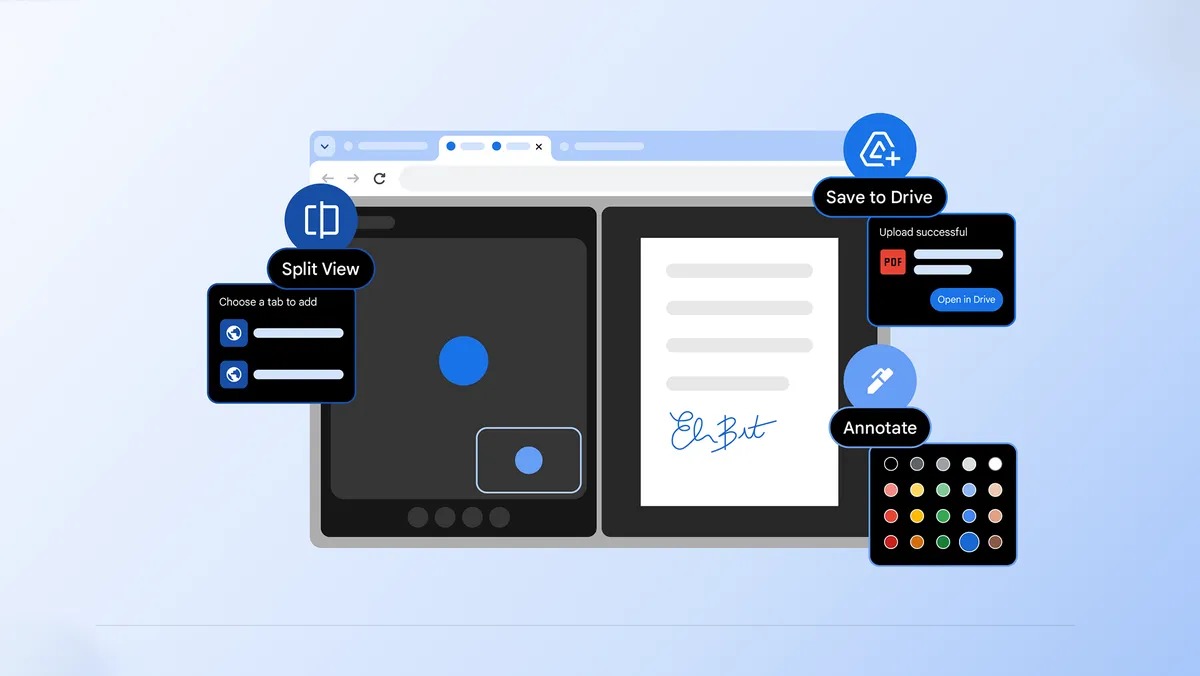Should you buy a new iPhone now or wait?
Find out when it makes sense to buy and when you should wait for Apple's next phone
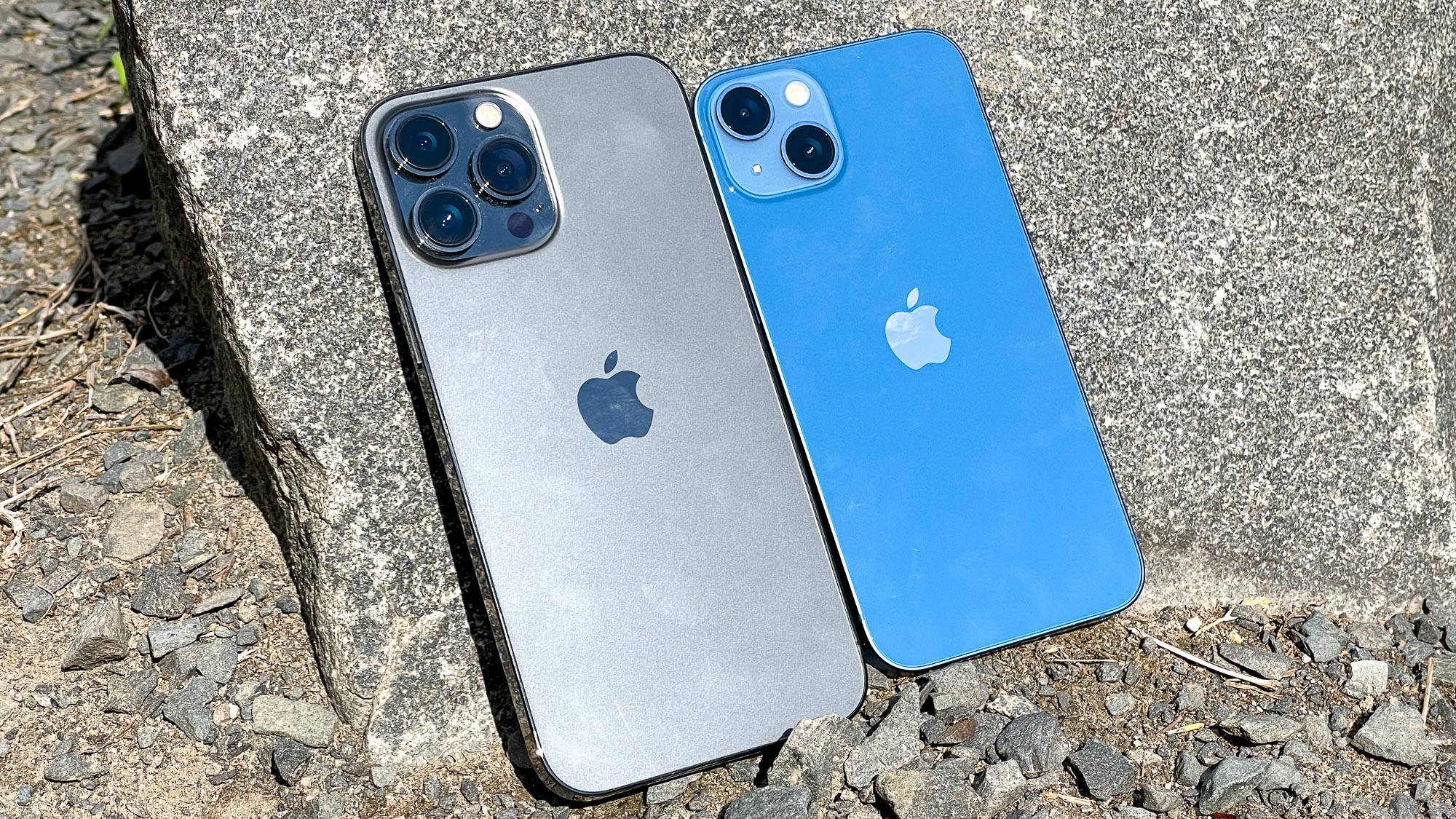
Here at Tom’s Guide our expert editors are committed to bringing you the best news, reviews and guides to help you stay informed and ahead of the curve!
You are now subscribed
Your newsletter sign-up was successful
Want to add more newsletters?

Daily (Mon-Sun)
Tom's Guide Daily
Sign up to get the latest updates on all of your favorite content! From cutting-edge tech news and the hottest streaming buzz to unbeatable deals on the best products and in-depth reviews, we’ve got you covered.

Weekly on Thursday
Tom's AI Guide
Be AI savvy with your weekly newsletter summing up all the biggest AI news you need to know. Plus, analysis from our AI editor and tips on how to use the latest AI tools!

Weekly on Friday
Tom's iGuide
Unlock the vast world of Apple news straight to your inbox. With coverage on everything from exciting product launches to essential software updates, this is your go-to source for the latest updates on all the best Apple content.

Weekly on Monday
Tom's Streaming Guide
Our weekly newsletter is expertly crafted to immerse you in the world of streaming. Stay updated on the latest releases and our top recommendations across your favorite streaming platforms.
Join the club
Get full access to premium articles, exclusive features and a growing list of member rewards.
Buying a new iPhone is always an exciting prospect. Apple's latest and greatest hardware is one credit card swipe away from landing in your hand! If you're grabbing one of the best iPhones, you're getting a lot of processing power, some great cameras and access to a multitude of helpful and engaging apps in Apple's App Store. What's not to enjoy?
But buying a new iPhone can also be pretty nerve-wracking, as one question will be hanging over your purchase: what if something better is about to come along?
That's the dilemma facing any tech purchase, but it's especially acute for smartphone shoppers. Phones are such a central part of our daily routine, we want to make sure we have the best phone with top features that will hold on to their value for the longest time.
And if we're paying up for a flagship — the cheapest iPhone 13 model currently costs $699 — we want the most bang for our buck. And with the iPhone 14 launch looming in the not-too-distant future, the right time to buy is probably a question a lot of would-be iPhone shoppers are contemplating.
Fortunately, Apple's smartphone release schedule removes a lot of the guesswork out of determining whether now is the time to buy an iPhone.
Let's take a closer look at when Apple traditionally releases its latest handsets, followed by some questions you can ask yourself to help figure out whether you should buy now or wait for the next model.
When do iPhones come out?
iPhone releases aren't really a mystery if you've been following Apple's phone rollout since the days of the iPhone 4s. Starting in 2011, Apple has released its flagship phone in the fall, without deviating from that schedule for more than a decade. (Previous models, including the original iPhone, hit stores in June.) That's likely to continue for the foreseeable future.
Get instant access to breaking news, the hottest reviews, great deals and helpful tips.
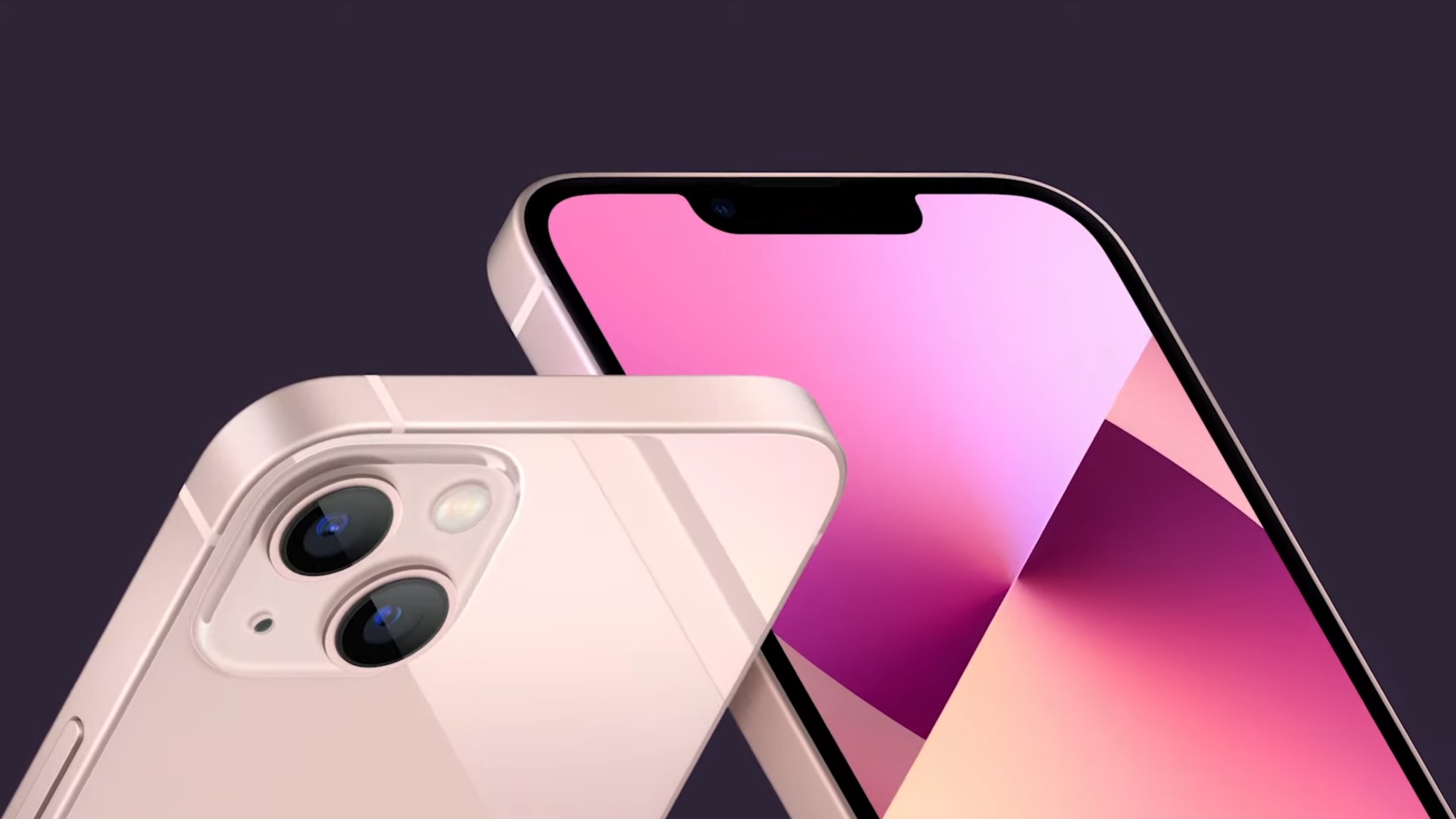
"Fall" can be a broad time period, though, and sometimes, Apple has launched later in the season than others. In 2020, for example, Covid-19 complications pushed Apple's iPhone 12 launch event into October. (The company usually announces new flagship devices in the fall.) That year, the iPhone 12 Pro Max and iPhone 12 mini didn't hit stores until November.
But for the most part, you can count on a fall phone release from Apple, with devices most likely launching in September. That iPhone 12 launch mentioned above was the only time in the last eight years where Apple's iPhone event didn't take place in September. We currently predict the iPhone 14 launch date to be September 13, based on rumors and early reports, so some may want to wait.
There's a reason Apple targets that time of year. It gets the latest iPhone in stores just in time for holiday shopping, typically allowing Apple to enjoy booming sales from people shopping for presents. It also helps that the start of Apple's fiscal year overlaps with peak holiday shopping, helping Apple's finances start the year off strongly.
The fall isn't the only time Apple releases a new phone, though. Just this March, we saw the launch of the iPhone SE (2022). That phone's arrival came a little less than two years after the 2020 launch of the preceding iPhone SE. So spring phone releases aren't out of the question for Apple, either, though they tend to be limited to the company's budget phones.
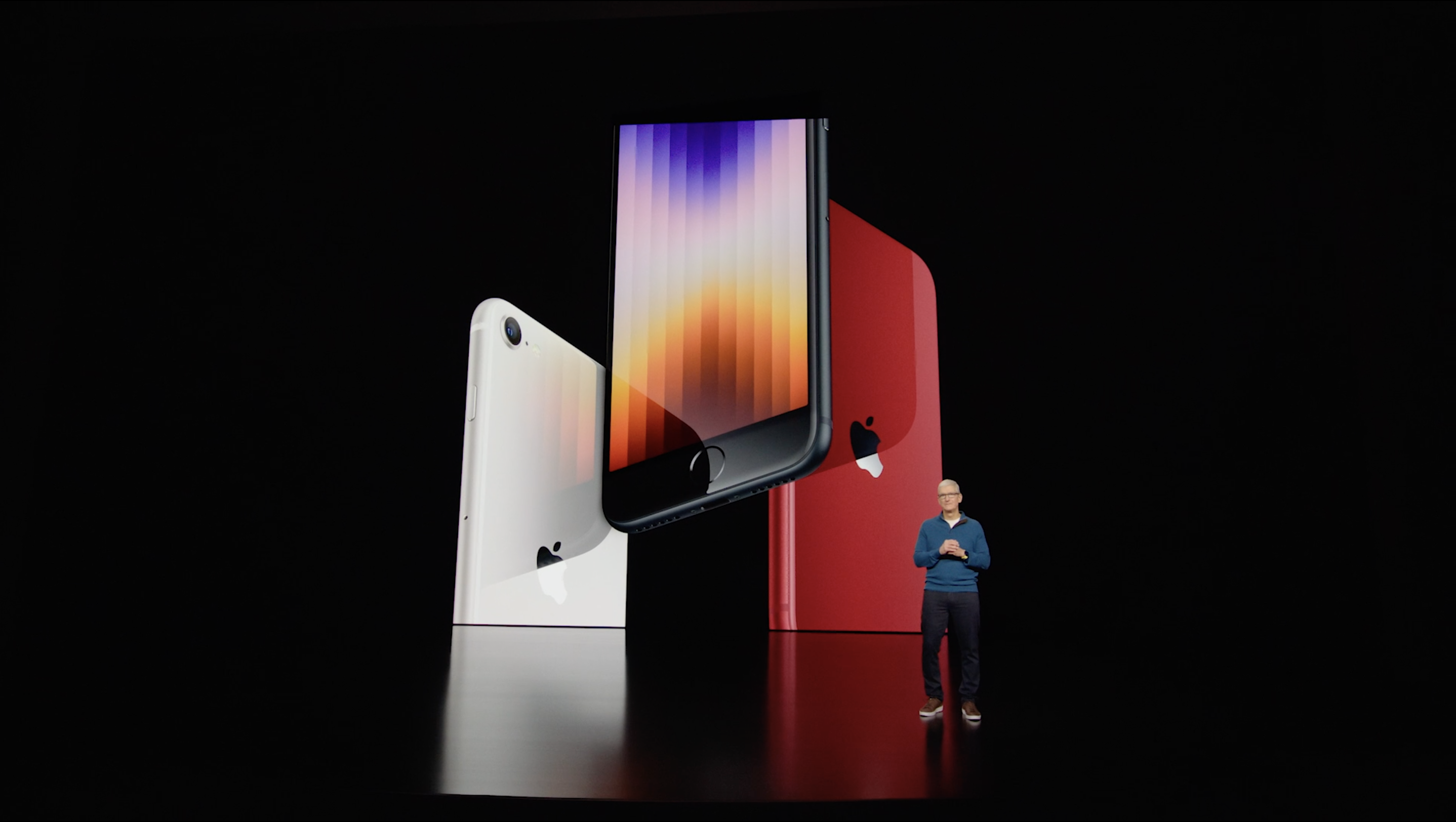
For the past two years, Apple's released new color options for its existing flagships in the spring as well. However, we don't the think the arrival of a green iPhone 13 back in March made anyone too regretful about their purchase of a different-colored model a few months earlier.
The bottom line is that you can definitely count on new iPhones in the fall, along with the occasional iPhone release around springtime. (An iPhone SE Plus — basically a bigger screen version the current model, potentially with a second rear camera — could come out next spring.) Buy your iPhone right before the fall, and you can be pretty certain that a newer model will be along any minute now. iPhone shoppers face the same dilemma in the early part of the year, but only if they're considering one of Apple's budget models.
So should I buy an iPhone now?
As of this writing, we're a little more than three months away from the likely iPhone 14 release date, which we anticipate to be in early September. (That could change depending on any issues that crop up with iPhone production, of course.) For that reason, unless you really need a new phone right now, it's probably best to wait for the iPhone 14's appearance.
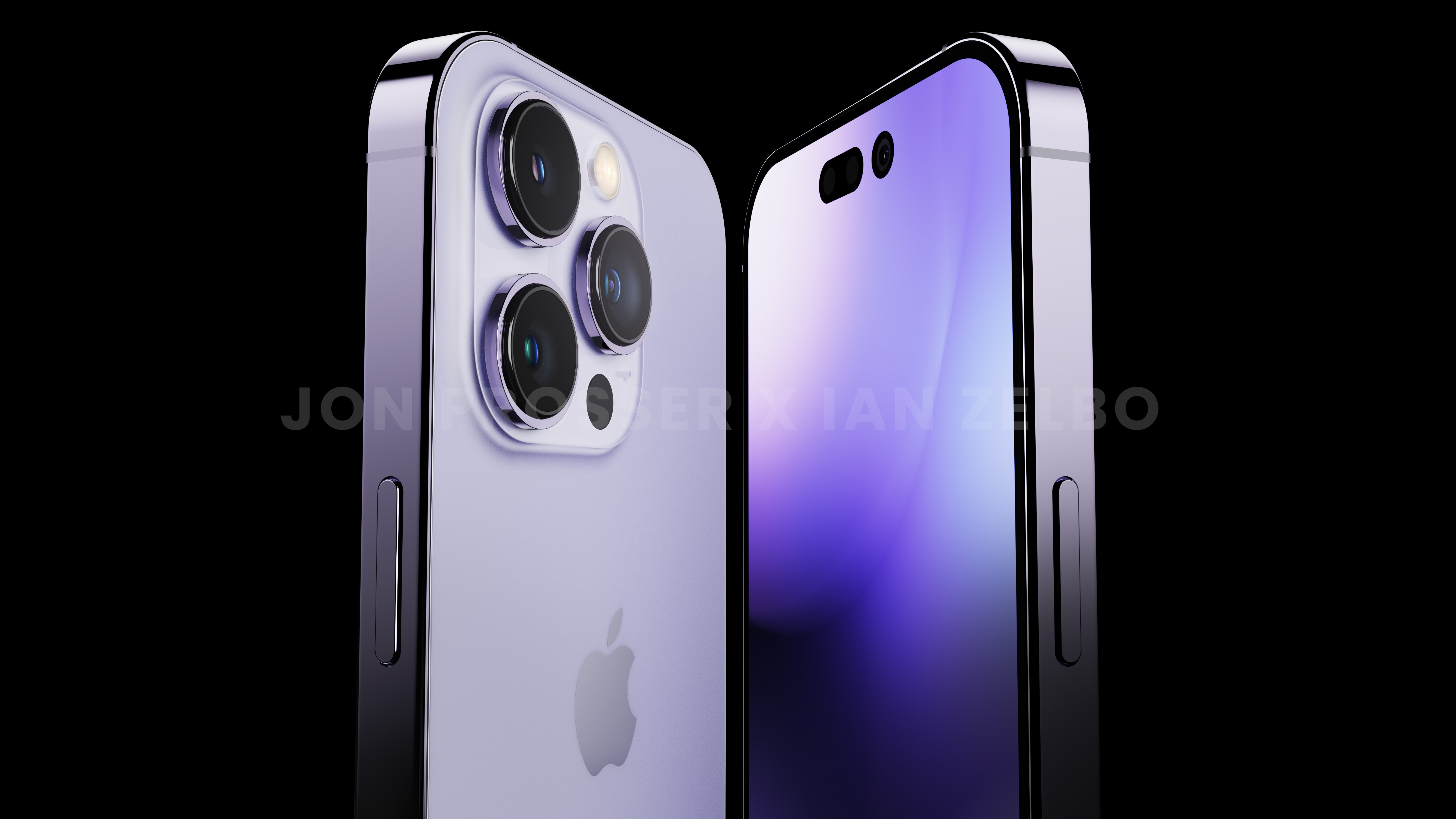
We go into greater depth elsewhere on whether you should buy an iPhone 13 now or wait for the iPhone 14, but the bottom line is Apple's new phones are likely to get a host of new features, especially the iPhone 14 Pro models which are tipped to get a new design, an improved main camera and newer processors. If you want the most current hardware, Apple's iPhone 14 launch is close enough to make a wait worth your while.
But even if you think an iPhone 13 is the better bet for your needs, waiting until the fall may be a better bet. Apple tends to keep one or two current models in its lineup at reduced prices after a new set of flagship phones comes out. For instance, last fall, the iPhone 12 and iPhone 12 mini remained part of Apple's lineup after the iPhone 13 models arrived, with both older phones getting $100 price cuts.
One the fall rolls around, it's possible the iPhone 13 could stick around at a similar discount. The iPhone 13 mini might, too, though Apple is expected to discontinue the slimmed-down model after two years of disappointing mini sales. If Apple follows its past strategy, both the iPhone 13 Pro and iPhone 13 Pro Max will be dropped entirely, so if you're eyeing either phone, now might be the time to strike.
If you do wind up jumping on a new iPhone purchase now, you're not totally shut out of buying an iPhone 14, should the new models prove to be more compelling than you thought. Apple offers rebates on trade-ins when you purchase a new phone, so you could theoretically trade-in the iPhone 13 model you buy now to get a reduced price on the iPhone 14 you buy in the future. For example, an iPhone 12 Pro Max currently gets the maximum rebate of $700 when you buy any iPhone 13 model.
How do I know if I need to buy a new iPhone?
Besides a glance at the calendar to see if any likely iPhone launches are on the horizon, answering a few critical questions can help determine if now's the time to get a new device.
When did you buy your last iPhone? If your iPhone still has that new handset smell, then it's probably best to hold off on that new purchase. It used to be that people would hold out for an average of two years between phone upgrades, though that's lengthening now that flagship phone prices are around $1,000. These days, three years seems more like par for the course, though I tend to hold on to my handset for four years.
What phone features are most important to you? Deciding what's important for your next phone can help you figure out if it's time to upgrade as well. If you've been eager to experience an iPhone with a fast refreshing display, that feature arrived on the iPhone 13 Pro models, and it's likely to remain a Pro-only feature in the near term. But if you can't stand the thought of an iPhone display with a notch at the top, maybe wait for the iPhone 14 Pro, since that device is rumored to introduce new cutouts to house the front camera and FaceID sensors.
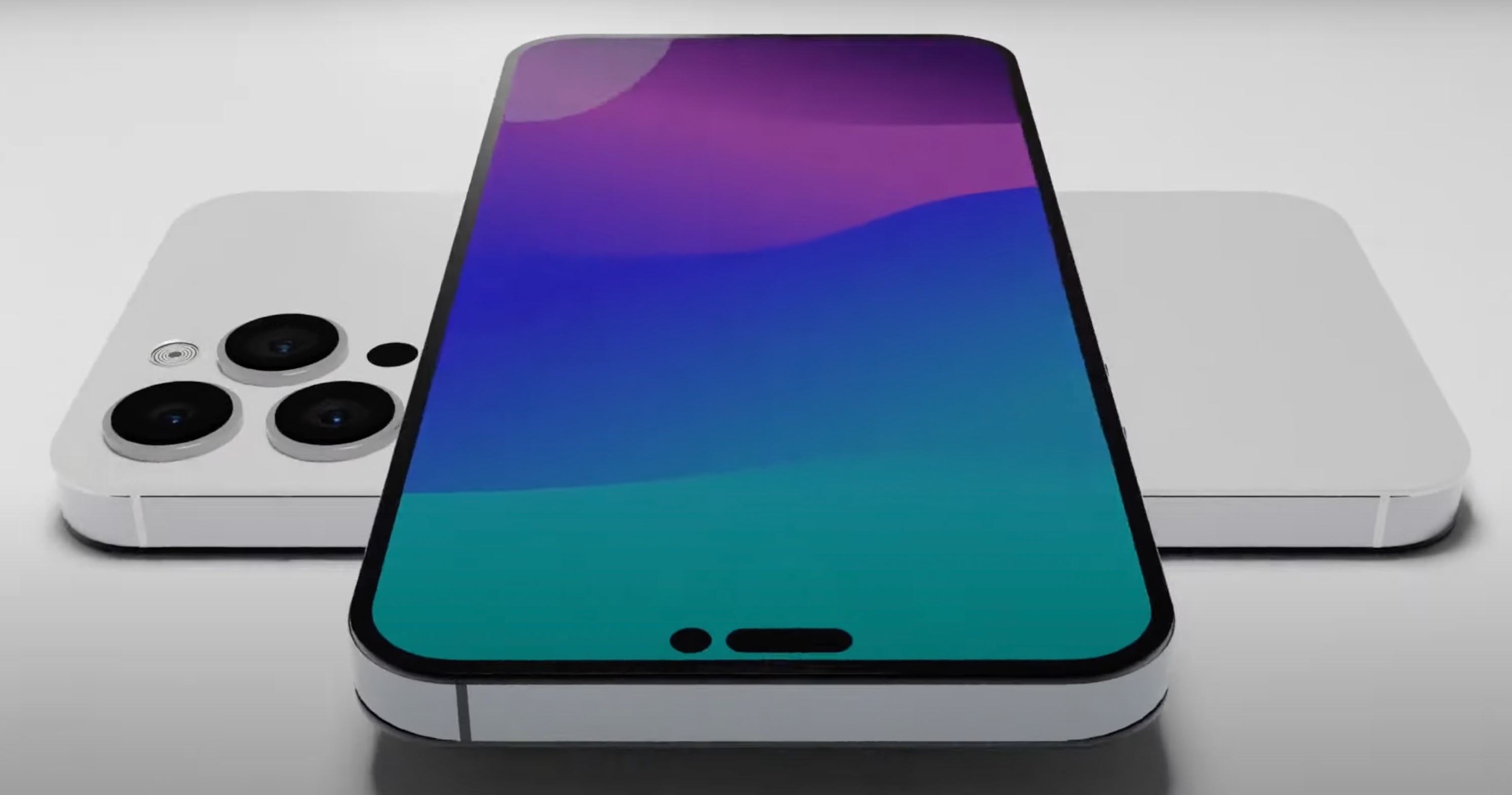
Figure out what your key features are — performance, cameras, battery life and so on — and then check the rumor summaries for upcoming iPhones to see if future models are better positioned to address your wants than the currently available models. If the answer turns out to be yes, then it's best to wait.
How much are you willing to pay for an iPhone? Figuring out your budget will help you determine whether the current price is right for the iPhone you're considering or whether future price changes might work for or against you. Apple's expected to keep the iPhone 13's $799 starting price for the iPhone 14, but other models could cost more than this year's versions, according to current rumors. What's more, the iPhone 14 Max expected to replace the iPhone 13 mini as the fourth phone in Apple's fall lineup is likely to cost more, not less than the standard iPhone 14, thanks to its larger screen.
If future iPhone price hikes will put the phone out of your price range, you may want to get a phone now (taking advantage of the best iPhone 13 deals currently available). You could also gamble that the iPhone 13 model you're interested in will still be around after the iPhone 14's arrival, with Apple cutting the price.
When do you plan to upgrade your iPhone again? Look ahead to the future — do you expect the next iPhone you buy to last a very long time? Then perhaps it's better to wait for the newer models to arrive in the fall, so that you can stretch your dollar further with a phone that's going to have more up-to-date specs than the current iPhone 13 models. If you're more comfortable with frequent upgrades, though, getting an iPhone 13 — and taking advantage of Apple's trade-in rebates when you do upgrade — might be a better course of action.
Philip Michaels is a Managing Editor at Tom's Guide. He's been covering personal technology since 1999 and was in the building when Steve Jobs showed off the iPhone for the first time. He's been evaluating smartphones since that first iPhone debuted in 2007, and he's been following phone carriers and smartphone plans since 2015. He has strong opinions about Apple, the Oakland Athletics, old movies and proper butchery techniques. Follow him at @PhilipMichaels.
 Club Benefits
Club Benefits











